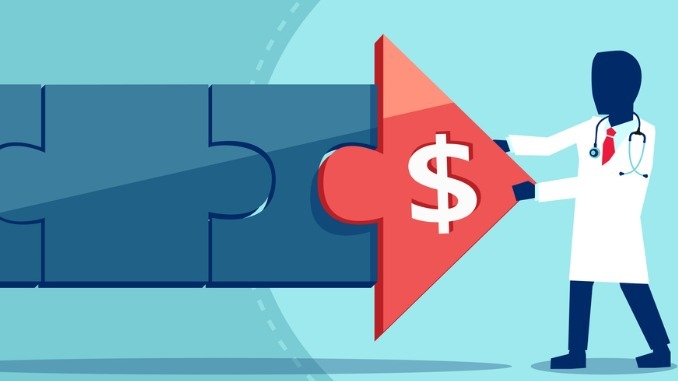
As NHS England unveils its plans to overhaul the mental health currency from clusters to Mental Health and Neurodevelopmental Resource Groups (MHNRGs) by 2025/26, practice managers face preparing their teams and systems for this transformative change. This article explores the implications of the new currency and the challenges and opportunities it presents for mental health service delivery within NHS practices
CREDIT: This is an edited version of an article that originally appeared on HFMA
The transition from clusters to MHNRGs
The national body has been working on a new currency for mental health for a number of years, first consulting on a new way to count mental health activity in early 2021. The new model replaces the former currency for adult mental health pathways, which assigned service users to one of 21 clusters. Clustering was first mandated in 2012 but was criticised for a lack of clinical meaningfulness and for the administrative burden it placed on clinicians undertaking the clustering assessment.
The new currency groups mental health activity into units known as mental health and neurodevelopmental resource groups (MHNRGs) that consume similar levels of resources and provide a basis for understanding the activity undertaken to meet population needs.
Soft launch and implementation strategy
A ‘soft launch’ of the currency commenced this year, with initial guidance disseminated via the NHS Futures platform in mid-May. The rollout begins with six primary population groups, including psychosis, bipolar disorders, and personality disorders, with plans for further expansion to encompass neurodevelopmental disorders and addiction.
Data integration and efficiency gains
The soft launch effectively means using 2024/25 to get the sector familiar with the new model and to encourage providers to get data flows in place to support the currency. Unlike clusters, which depended on a separate Honos assessment for each patient, the new currency should be able to be allocated using data from the Mental Health Services Data Set (MHSDS). This will massively reduce the burden on clinicians in terms of currency assignment but is reliant on improving the recording of data within the data set.
Future implementation and consultation
The plan is to formalise requirements in 2025/26 and to start getting systems and providers to use the currency in discussions about service developments, planning and funding. The annual NHS payment scheme consultation, later this year will consult on more detailed proposals for introducing MHNRGs.
Early insights and costing preparations
However, NHS costing practitioners will get an early taste of the currency this summer. Providers are being asked to submit costs for mental health service currencies as part of this summer’s National Cost Collection for the 2023/24 financial year, albeit with the costings initially being kept at a high level until the granularity of the currency is developed.
The transition to MHNRGs represents a pivotal shift towards a more coherent and efficient mental health currency system within NHS England. As the sector adjusts to this new model, enhancing data quality and integrating MHSDS will be critical to realising its full potential in improving mental health service delivery.


Be the first to comment